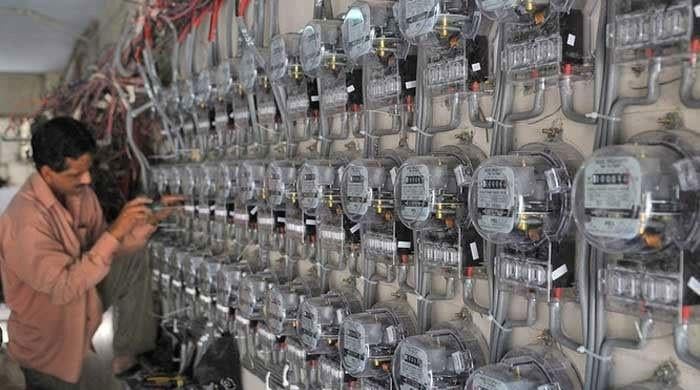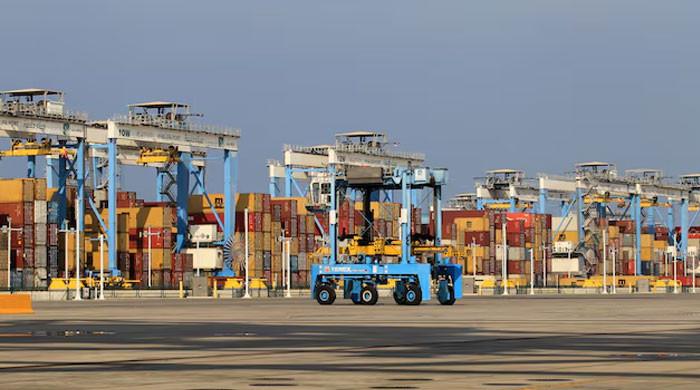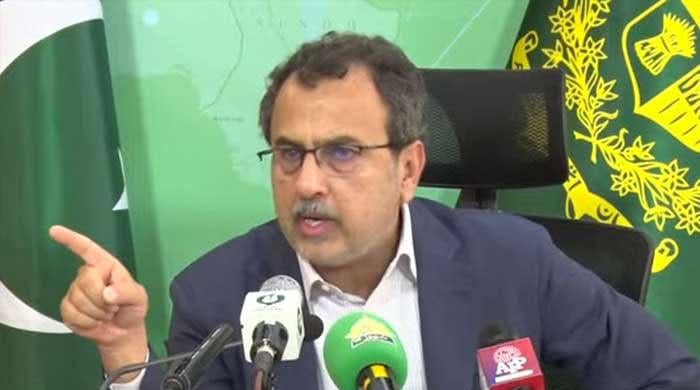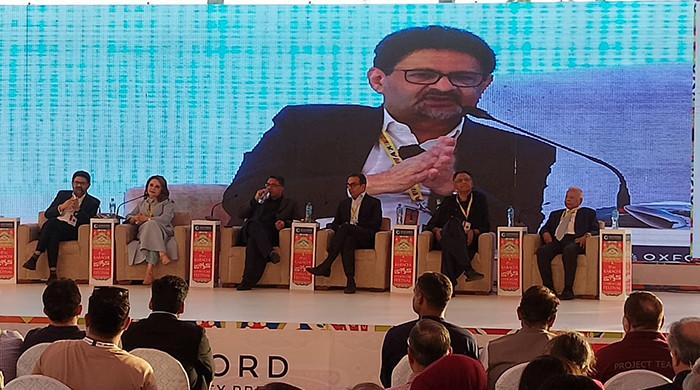Energy reforms: Govt eyes sale of surplus 7,000MW
Administration to sell surplus electricity to agriculture and industrial sectors at flat rate of 7 to 7.5 cents per unit
June 05, 2025
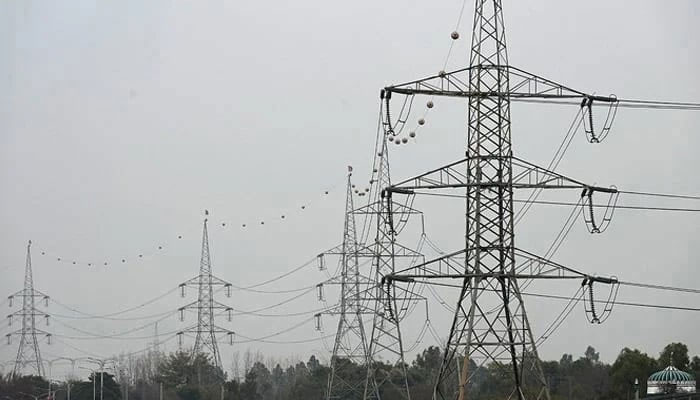
- Government to retain net metering for solar energy users.
- Plans to introduce a more transparent net billing system.
- Minister points out cancellation of 9,000MW worth of projects.
ISLAMABAD: Amid ongoing talks with the International Monetary Fund (IMF), the government has decided to introduce sweeping energy reforms that include offering 7,000 megawatts of surplus electricity to agriculture and industry at competitive rates.
The government is currently sitting on a 7,000MW power surplus, which it intends to sell to the agriculture and industrial sectors at a flat rate of 7 to 7.5 cents per unit — without subsidies.
With the current administration retaining net metering for solar energy users, it plans to introduce a more transparent net billing system.
"We are not discouraging solar adoption. This is about creating a balanced, transparent and sustainable framework that ensures fair returns for consumers while protecting grid stability and long-term energy planning," Federal Minister for Energy Sardar Awais Ahmad Khan Leghari said on Wednesday dismissing speculation about scrapping solar net metering.
Leghari confirmed that negotiations with the IMF have been underway for six months to secure approval for the plan to sell surplus electricity. He said this while speaking at a consultation hosted by the Private Power and Infrastructure Board (PPIB) here.
The minister outlined sweeping reforms underway in the energy sector, noting the cancellation of 9,000MW worth of costly and redundant projects and the imposition of levies on captive power users, pushing them back onto the national grid and increasing demand.
"Our aim is to balance supply and demand and provide reliable power without distortionary subsidies," he said.
He also highlighted that cross-subsidies amounting to Rs174 billion have reduced electricity tariffs for industries by up to 31% since June 2024, spurring a rise in industrial energy consumption. Prices for various consumer categories have dropped between 14% and 18%.
Leghari defended the economics of rooftop solar, noting that most consumers break even within three years. "If a consumer is using 40% of the electricity themselves, the return on investment in three years is a robust business proposition," he said.
The government is evaluating dynamic pricing mechanisms for energy buybacks to reflect real-time market conditions. While net metering will remain in place, the minister said net billing offered a "more efficient and sustainable" approach to integrating distributed solar.
He reaffirmed that all reforms — including grid modernisation and incentives for off-grid solutions — are part of a broader strategic shift to build a smarter, more resilient power system.
"This is the time to transition Pakistan’s power sector to a smarter, more resilient model," he concluded.





